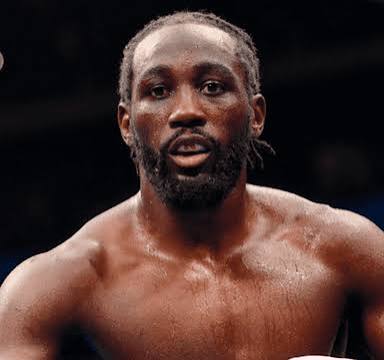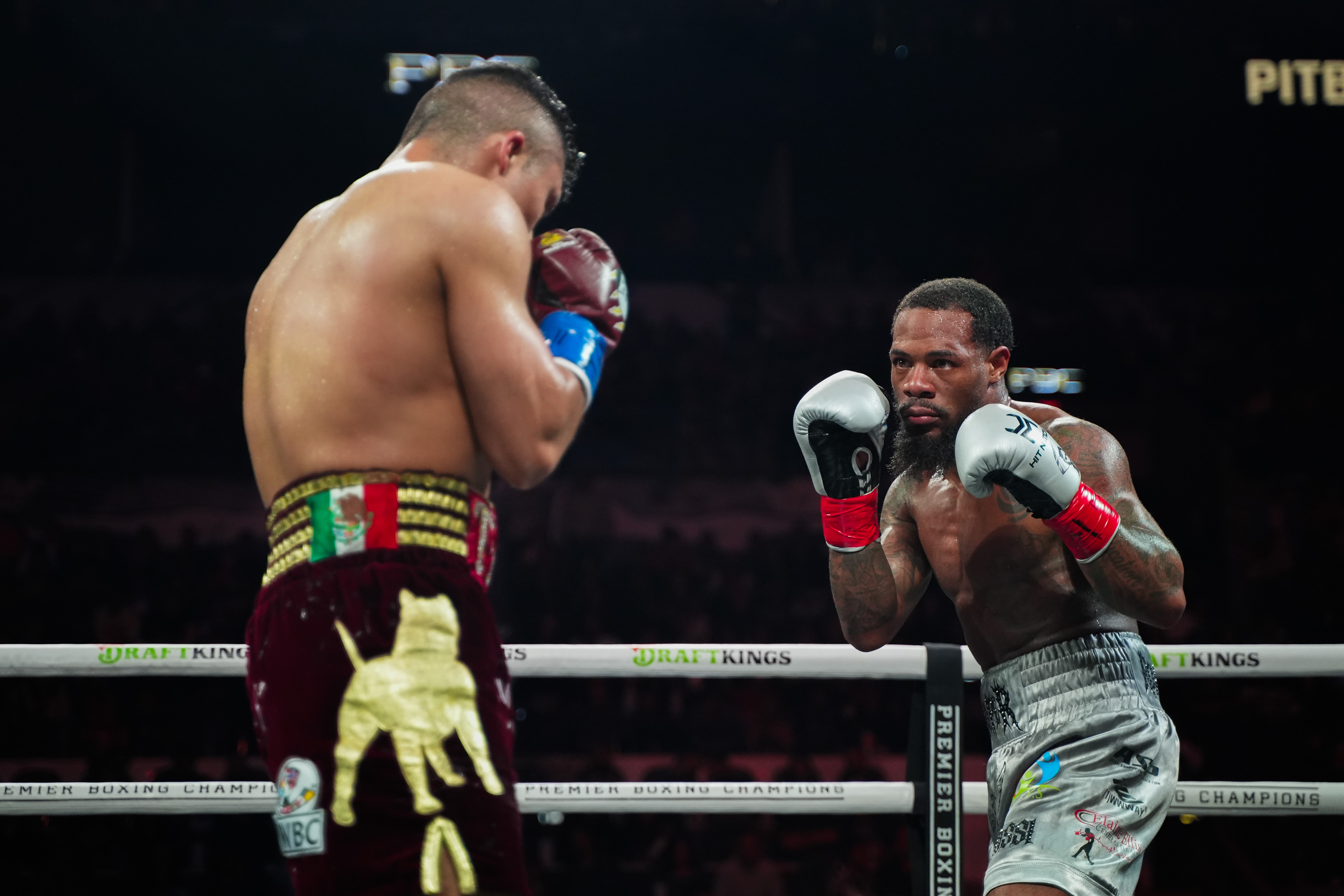A Betting Guide to MMA - How to Bet on UFC

Betting on mixed martial arts (MMA) has gained immense popularity in recent years, particularly when it comes to the Ultimate Fighting Championship (UFC). In this comprehensive guide, we will provide you with the necessary knowledge and strategies to make informed betting decisions when it comes to UFC fights.
When it comes to UFC betting, there are several types of bets available, and the options may vary depending on the significance of the bout. However, most UFC betting options revolve around three main types of bets: odds to win, round totals, and method of victory props.
Odds To Win Bet
This bet allows you to wager on the UFC odds of which fighter will win. Oddsmakers calculate an implied probability for each fighter and assign a corresponding moneyline based on their chances of winning the match. For example, if a fighter has a higher implied probability of winning, they will be installed as the favorite with a corresponding moneyline, while the other fighter will be the underdog.
Over/Under for Round Totals
This bet allows you to predict when the fight will end. The oddsmakers set an over/under total for the anticipated number of rounds finished based on the fighters' styles, the matchup, and the number of scheduled rounds. They also assign a price, known as the vig or juice, for both the over and the under, depending on the implied probability of the fight reaching that round total.
For more specific and potentially higher payouts, you can bet on a fighter's method of victory. In addition to predicting the winner, you must also select how they will win the fight. Common method of victory options include winning by knockout/TKO/DQ, submission, or decision. Each method of victory prop carries varying odds and offers larger returns than outright winner bets.
To improve your chances of success in MMA betting, it's important to develop a sound strategy. Here are some tips to consider when handicapping UFC fights:
Sizing Up Styles
Different fighters excel in different fighting styles, such as striking, wrestling, or submission techniques. Assessing how different styles match up and the advantages they provide to each fighter can help you find value in the MMA betting odds.
Records and MMA Math
While a fighter's record is important, it's not the sole indicator of their abilities. Analyze the quality of opponents they have faced and look for closely-contested defeats against elite-level foes. Avoid falling into the trap of "MMA Math" and focus on studying styles and fight footage.
Ring Rust, Injuries, and KOs
Injuries can significantly impact a fighter's performance, so it's important to investigate how injuries may affect their abilities and their opponent's likelihood of exploiting those weaknesses. Extended breaks between fights, known as ring rust, can also influence a fighter's form. Consider a fighter's training, conditioning, age, and past performance after periods of inactivity. Additionally, be aware of the mental and physical effects of knockout losses on fighters.
Weight and Reach
Weight classes play a vital role in MMA, and fighters often move up or down depending on their success and competition. Pay attention to a fighter's true weight class and their opponent's weight. Reach, the length of a fighter's arm, can also influence their striking ability. Assess mismatches in reach, as fighters with longer reaches can land more strikes while maintaining a safer distance from opponents.








